
Editor
Ziemmassvetku Jampadracis tells the story of the Cirulisi, a tight-knit family down on their luck, and their trials and tribulations during the Christmas season.

Editor
Ecological criminal intrigue during the international billiard tournament in Riga.

Editor
Tragedy of the Zitars family based on the novel by Vilis Lacis.

Editor
Revolution of 1905 in Latvia.

Editor

Editor

Editor
A man sees his picture on a 'Most Wanted' board and after going to police he meets someone who looks suspiciously similar to him.

Editor
A businessman and a footballer are murdered before an important football match in Prague. Investigation has to be started.

Editor
A young girl is looking for her long lost father while visiting Riga during winter vacations.

Editor

Editor

Editor

Editor
Based on the popular novel of the same title by Vilis Lācis. Latvia, the 1930s. Roberts Līviņš, the son of a dockhand, becomes an architect by his own efforts, thanks to arduous work and talent. But in his relationship with Līvija, the daughter of the rich entrepreneur Ulpe, Roberts realizes that the high society might look down on his common origins as well as his sister Alise, a hairdresser, and her boyfriend Ēriks, an opportunist and former boxer.

Editor
A war veteran gets involved in a brawl...

Editor
Post-war Latvia. Francis' gang operates in a small town and the new KGB agent Juris Vilks has been asked to infiltrate his gang and gain his confidence.

Editor
A 38-year-old teacher Anna in a small town is longing to have a child. The opportunity arises when she meets a cargo driver who travels through her town. He turns out to be married with a child in another town, so Anna doesn't wish to pursue the relationship, but the man is ready to change the course of his life.

Editor
Poor countryside girl Elza has been unsuccessfully looking for a job in Riga before she gets help from an acquantance. After that, fortune seems to turn and rich aged factory owner Ķikulis wants to marry Elza. Reluctant at first, she finally agrees but the marriage doesn't got smoothly.

Editor
Human relationships are like fishing nets, they can be either filled or nodular.

Editor
Relations of two sportsmen who often forget that they are not the only ones in the stadium.
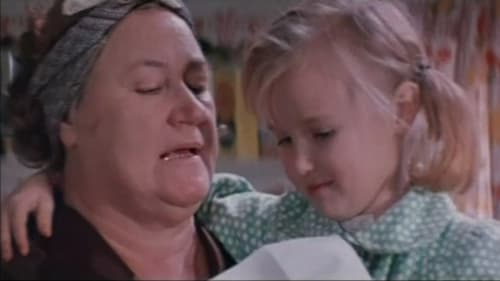
Editor

Editor
Doctor Rudolfs spends time at his country cottage, and there he meets teacher Laura - a mother of two children whose husband is in prison. Rudolfs rescues Laura's daughter, Zaiga, who is sick, befriends her son, Maris, and falls in love with Laura, but she desperately struggles with her feelings of responsibility towards her family.
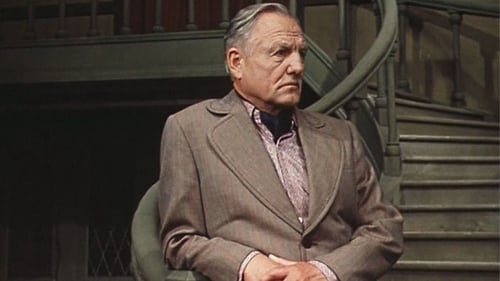
Editor
Roger Mills, a Harley Street specialist, is taking a sailing holiday on the Norfolk Broads. When his six guests find him at the tiller of his yacht with a smile on his face and a gunshot through his heart, all six fall under suspicion.

Editor
The wonderful power of folk songs and dances that helps to notice the beauty of the world and human relations.

Editor
A load of gold is stolen. Detectives make criminals play by their rules.

Editor
A band arrives late at the competition. They try to find the jury and show their performance.
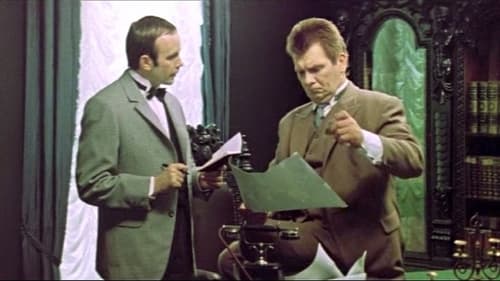
Editor
Latvia in the 1920s. The enterprising Edgars Ceplis establishes a company to produce bricks from Latvian clay for export. Many are involved in his project, hoping for the huge profits the venture promises. Ceplis soon becomes infatuated with his office typist Austra Zīle and starts neglecting the business...
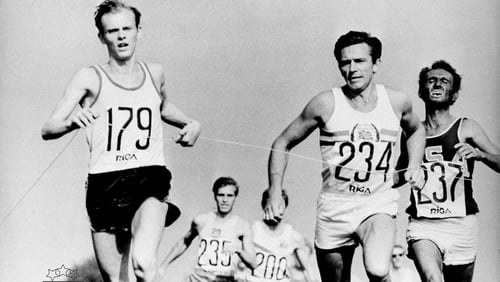
Editor
The hard work plays an important role in the personal growth of a runner.
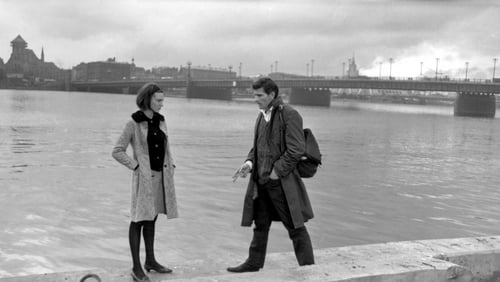
Editor
Cezars Kalnins, portrayed by "Latvian Harrison Ford” Uldis Pucitis, installs telephones by day and composes pop songs by night. The puritan Soviet censorship deems Cezars’s lyrics "unsuitable and frivolous” and "unfit for the Soviet youth”. In fact, it can be argued that this assessment matches the opinion of the Soviet cinema authorities in regard to this film as a whole, since "Four White Shirts” was immediately banned and released in cinemas only in 1986. The creative boldness and stubbornness, evident in both Cezars’s bitingly ironic verses and the film’s unconventional narrative structure and fresh, new-wave-inspired mode of expression, turned out to be equally problematic for the hero and for the film itself, as well as for its director whose representation of the actual mechanisms of Soviet censorship ended up too realistic for his own good.

Editor













